British-held Nigeria. November 1929. As was the issue in most British colonies during the first half of the 19th and 20th century, the Black populace was getting the short end of the stick socially and politically. Not only that but concerns weren’t being addressed. As a result drastic, sometimes violent action was taken. In Nigeria, this was the case with The Women’s War—called the Aba Women’s Riots in the British press at the time.
CAUSES FOR THE WOMEN’S WAR
Centuries of British involvement and eventually colonial rule is the broad reason for the revolt but in relation to November 1929, it was tax legislation and the restriction of women in government. For centuries prior to British rule, Nigerian women were heavily involved in legislature, economy, and overall decision making.
This changed with colonial rule with women taking a backseat since this method—which had worked since societies were formed in Nigeria—were looked at as ineffective and against God’s intent. With women’s reduced role came a number of social ills and taxes on everything.
Two years earlier, Britain sought to bolster the Native Revenue Ordinance after changing it. The Crown’s government had a representative sell Nigerians on the Ordinance to soften them for direct taxation. It went over well with men in 1928. The colonial government would make changes in the Bende district officer position and things would begin to snowball.
A new district officer for East Nigeria was assigned in the fall of 1929 and saw an opportunity to make more off taxes. The original tax roster didn’t include the men’s family and livestock and by Igbo tradition, women were taxed at all. While colonial moral traditions were fine to push through, this was a situation where it was decided that the natives’ traditions could be scraped easily. The changes were mentioned to the chiefs of the Oloko Native Court in October 1929 and went into action days later.
THE CENSUS INCIDENT
On November 18, 1929, native census agent Mark Emereuwa went to the residence of Nwanyereuwa. She was a widow who was told to count her livestock and household. Taxation had gotten so out of hand in Oloko that the census was associated with being counted up to be taxed. An annoyed Nwanyereuwa mentioned that Igbo women aren’t taxed traditionally.
The exchange spiraled into Nwanyereuwa going to discuss the situation in the town square with other women. It wasn’t surprising that other women were already discussing the taxation situation and upon hearing the about the run-in with the census agent, they began organizing for a large scale protest.
OLOKO PROTESTS
Nigeria was in the middle of a financial crisis in 1929. Since women were restricted from participating as they originally did, it was expected that they wouldn’t be taxed.
It was probably gathered that the colonial government could see this was going to run off the tracks. Actually, Britain has several decades of history in its colonies of everything going wrong as a result. What sometimes happened was inquiries being launched to see if there were problems and corrections being made.
As a result of the new district officer’s changes, conflict ignited. Women in the region butted heads with colonial officials and started to apply pressure. That December they mobilized for a protest and drew roughly 10,000 women from the Bende District, Umuahia, and Ngwa. This protest would spread all over eastern Nigeria throughout December and was the latter end of The Women’s War.
In part two we will look at the major players of The Women’s War and the outcome of the protests.
SOURCE: http://nvdatabase.swarthmore.edu/content/igbo-women-campaign-rights-womens-war-nigeria-1929

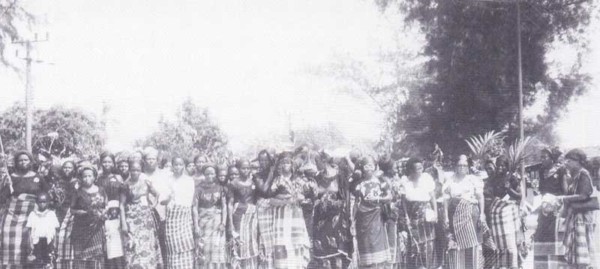



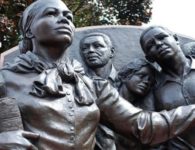


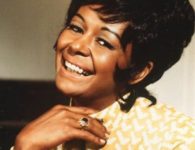
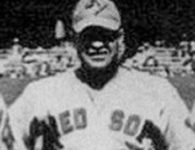
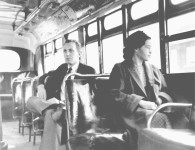
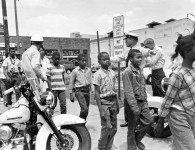

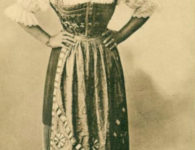
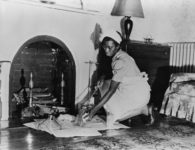
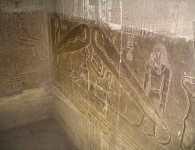
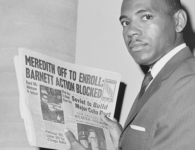
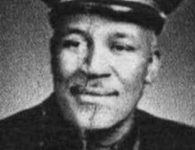
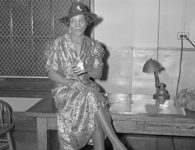
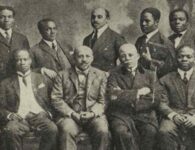

No comments